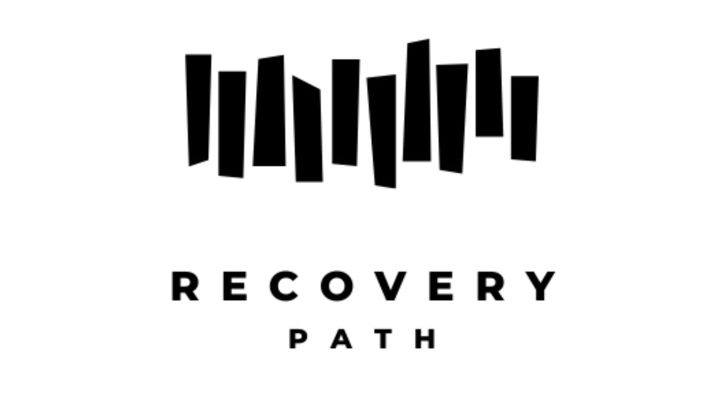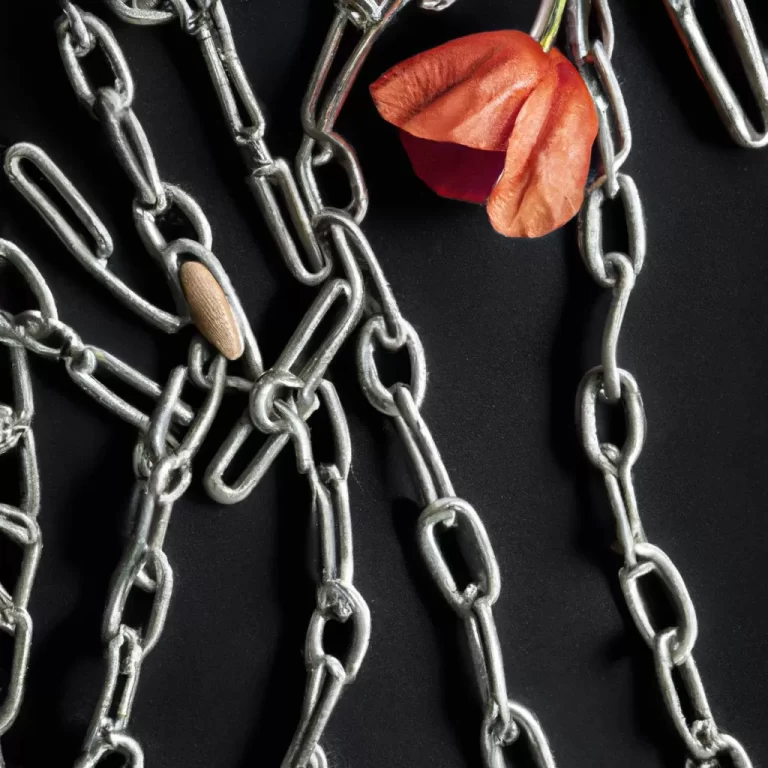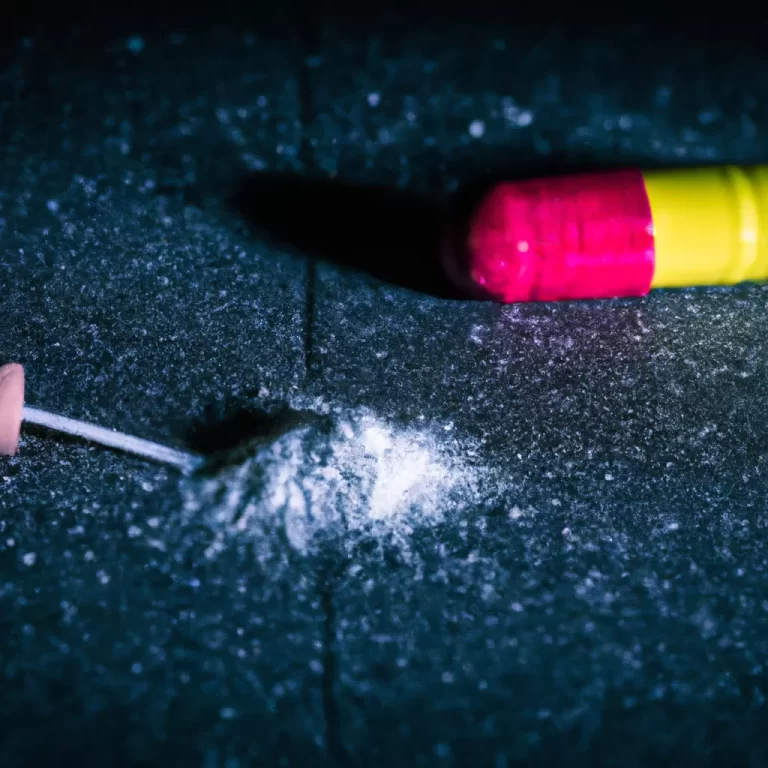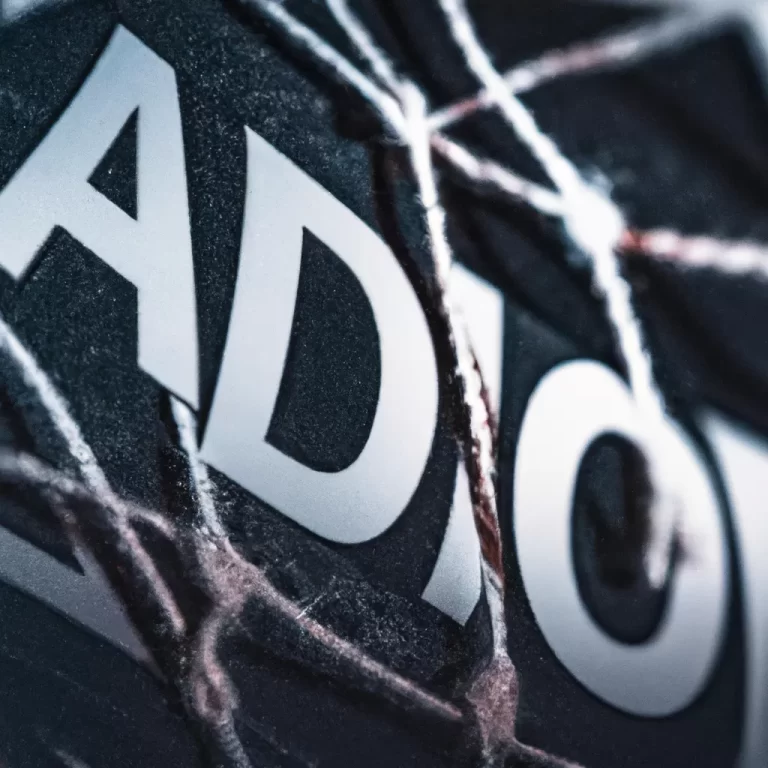5 Shocking Signs Your Loved One is Trapped in Opiate Hell: How to Save Them Now
Signs Your Loved One is Trapped in Opiate Hell
Opiate addiction can be a devastating experience, not just for the individual struggling with it but also for their loved ones. If you suspect that someone close to you is trapped in opiate hell, it’s crucial to recognize the signs early on and take action to help them break free from this destructive cycle.
Sign 1: Physical Changes
One of the most noticeable signs of opiate addiction is physical changes in your loved one. They may experience sudden weight loss, have dilated pupils, or exhibit poor hygiene habits. These changes can be alarming and serve as a red flag that something is seriously wrong.
Sign 2: Behavioral Changes
Another shocking sign that your loved one is trapped in opiate hell is significant behavioral changes. They may become secretive, lie about their whereabouts, or isolate themselves from friends and family. Opiate addiction can lead to mood swings, irritability, and unpredictable behavior that can strain relationships.
Sign 3: Financial Struggles
Opiate addiction is an expensive habit to maintain, and financial struggles are a common consequence. If you notice that your loved one is constantly borrowing money, selling personal belongings, or engaging in suspicious financial transactions, it could indicate their involvement in drug abuse.
Sign 4: Neglecting Responsibilities
Individuals trapped in opiate hell often neglect their responsibilities at work, school, or home. They may start missing deadlines, skipping important events, or showing a lack of interest in activities they once enjoyed. This neglect can have serious consequences and further exacerbate their addiction.
Sign 5: Physical Health Deterioration
Opiate abuse takes a toll on physical health, leading to a range of symptoms such as chronic pain, respiratory issues, and gastrointestinal problems. If your loved one is experiencing unexplained health issues or frequent illnesses, it could be a sign that their opiate use is causing serious harm to their body.
How to Save Them Now
Intervention
If you recognize these signs in your loved one, it’s essential to take immediate action to help them escape from opiate hell. Consider staging an intervention with the help of a professional interventionist to confront your loved one about their addiction and encourage them to seek treatment.
Support and Understanding
Show your loved one that you care about them and support their journey to recovery. Offer a listening ear, express empathy, and provide encouragement as they navigate the challenges of overcoming opiate addiction. Your unwavering support can make a significant difference in their recovery process.
Treatment Options
Explore different treatment options available for opiate addiction, such as detox programs, therapy, support groups, and medication-assisted treatment. Encourage your loved one to seek professional help from addiction specialists who can provide personalized care and guidance throughout their recovery journey.
Setting Boundaries
While supporting your loved one through their recovery, it’s crucial to set boundaries to protect yourself and maintain your well-being. Establish clear expectations regarding behavior, communication, and consequences to ensure that your relationship remains healthy and supportive during this challenging time.
Self-Care
Taking care of yourself is equally important when helping a loved one trapped in opiate hell. Practice self-care activities such as exercise, meditation, or spending time with supportive friends to recharge and stay resilient throughout the recovery process. Remember that you cannot pour from an empty cup, so prioritize your own well-being.
Conclusion
Recognizing the signs of opiate addiction in a loved one can be a distressing experience, but taking proactive steps to help them can make a significant difference in their journey to recovery. By intervening early, providing support and understanding, exploring treatment options, setting boundaries, and practicing self-care, you can help your loved one break free from opiate hell and reclaim their life. Remember that addiction is a complex disease that requires patience, empathy, and perseverance. Together, you can overcome this challenge and pave the way for a brighter, healthier future.







